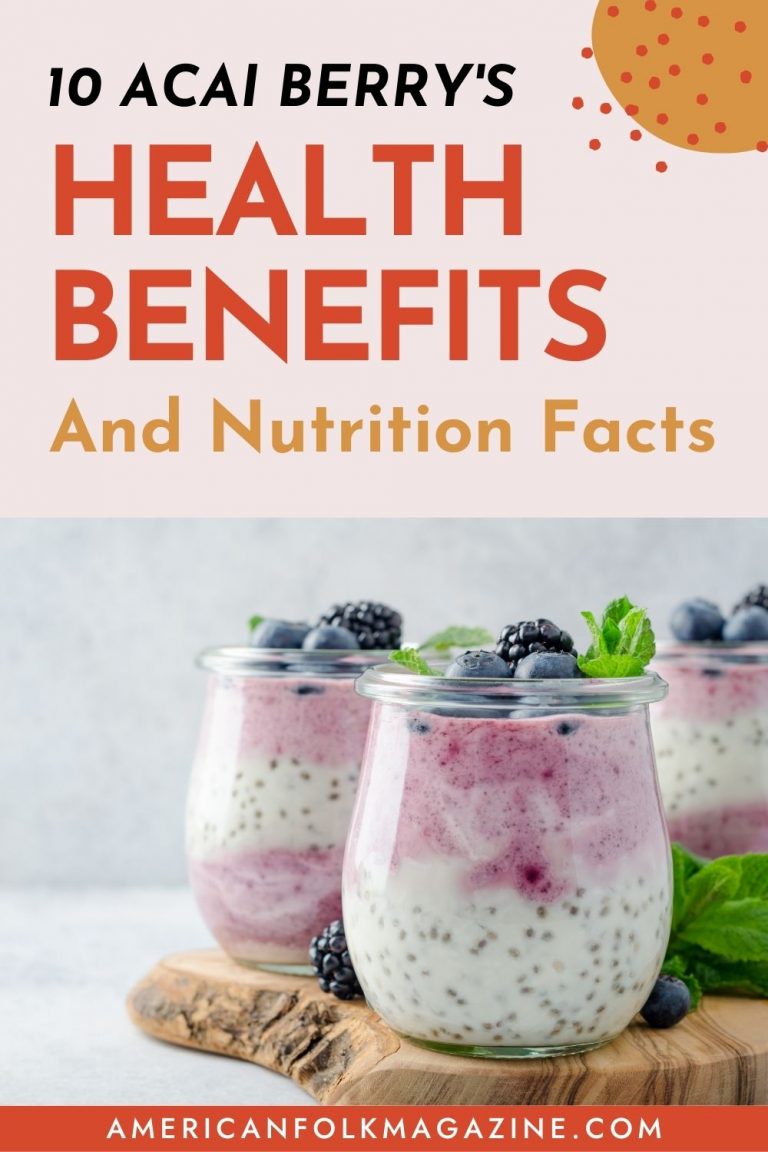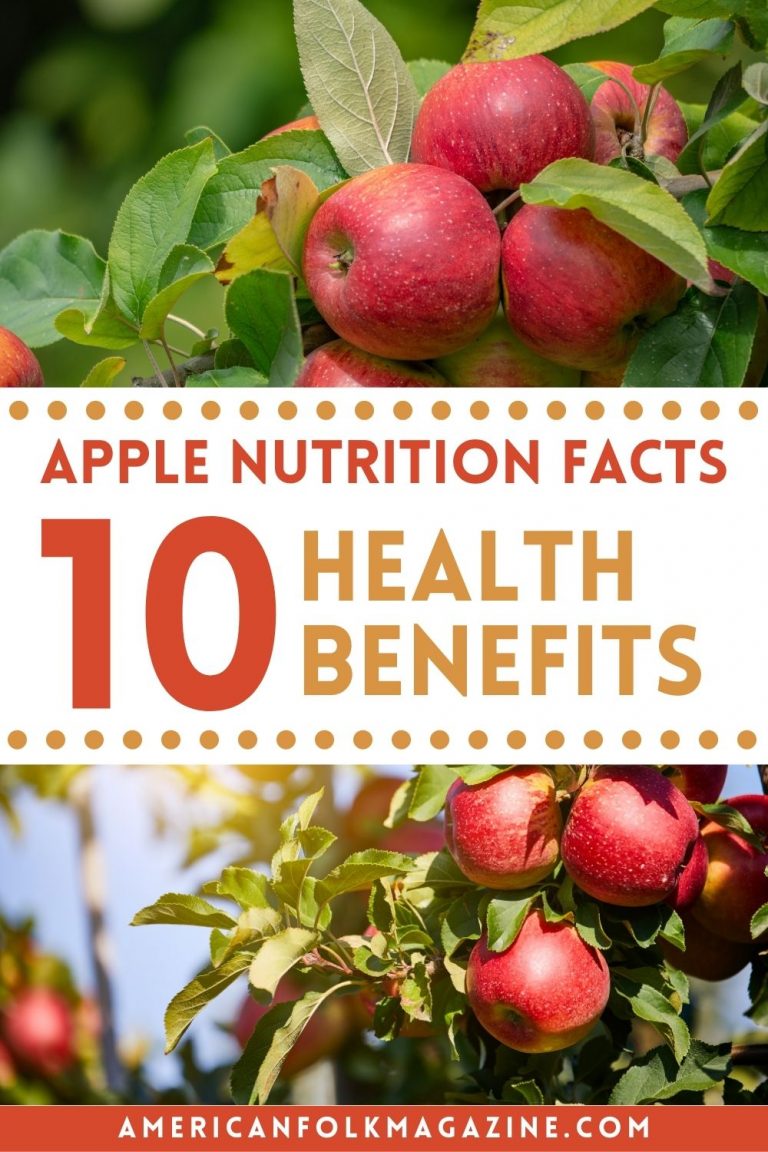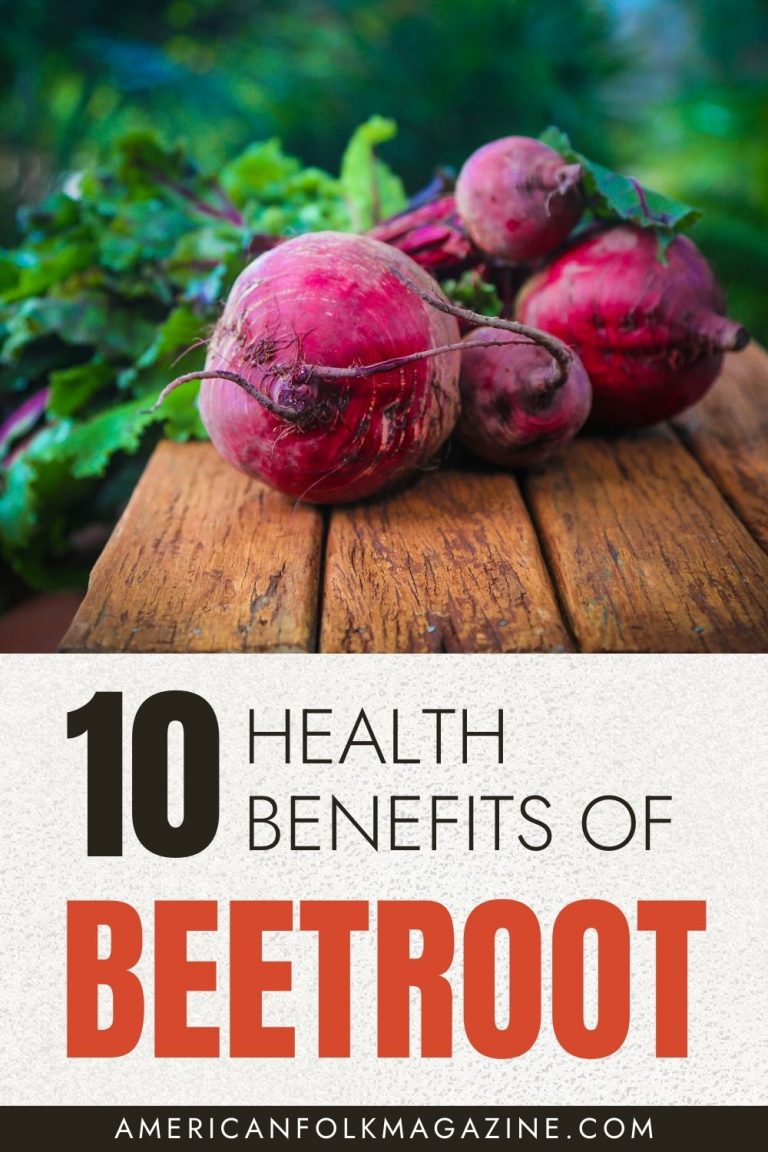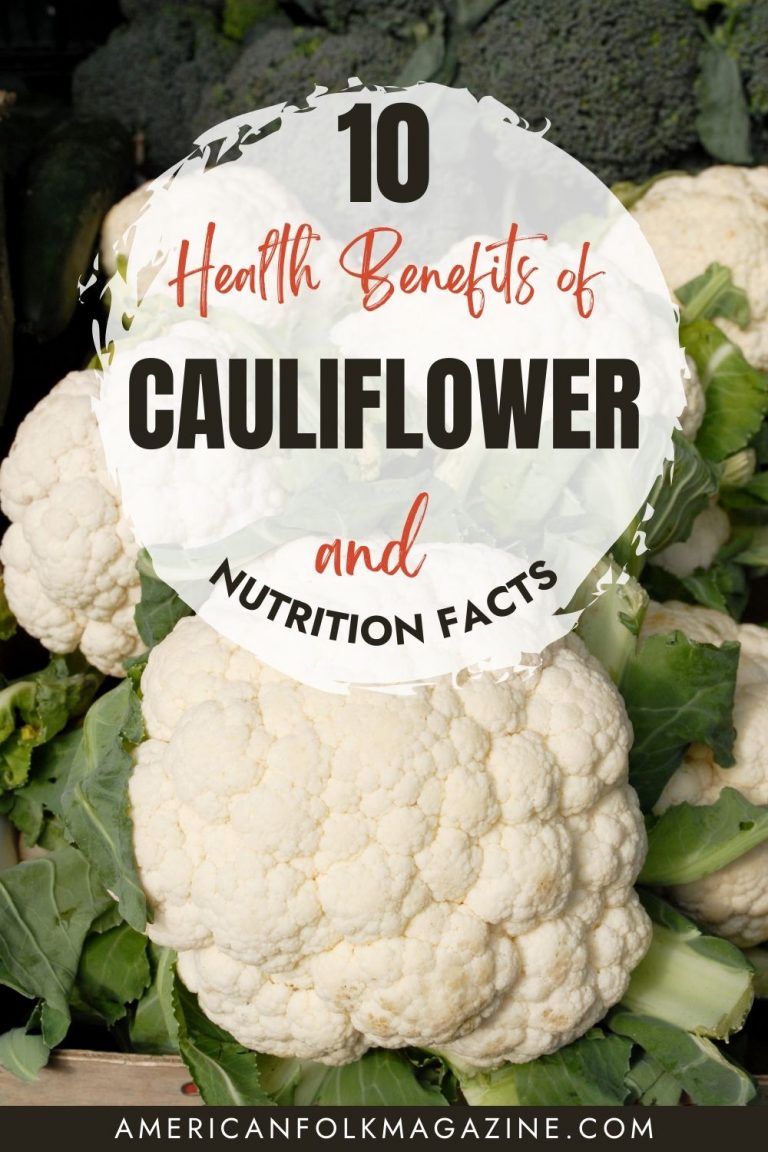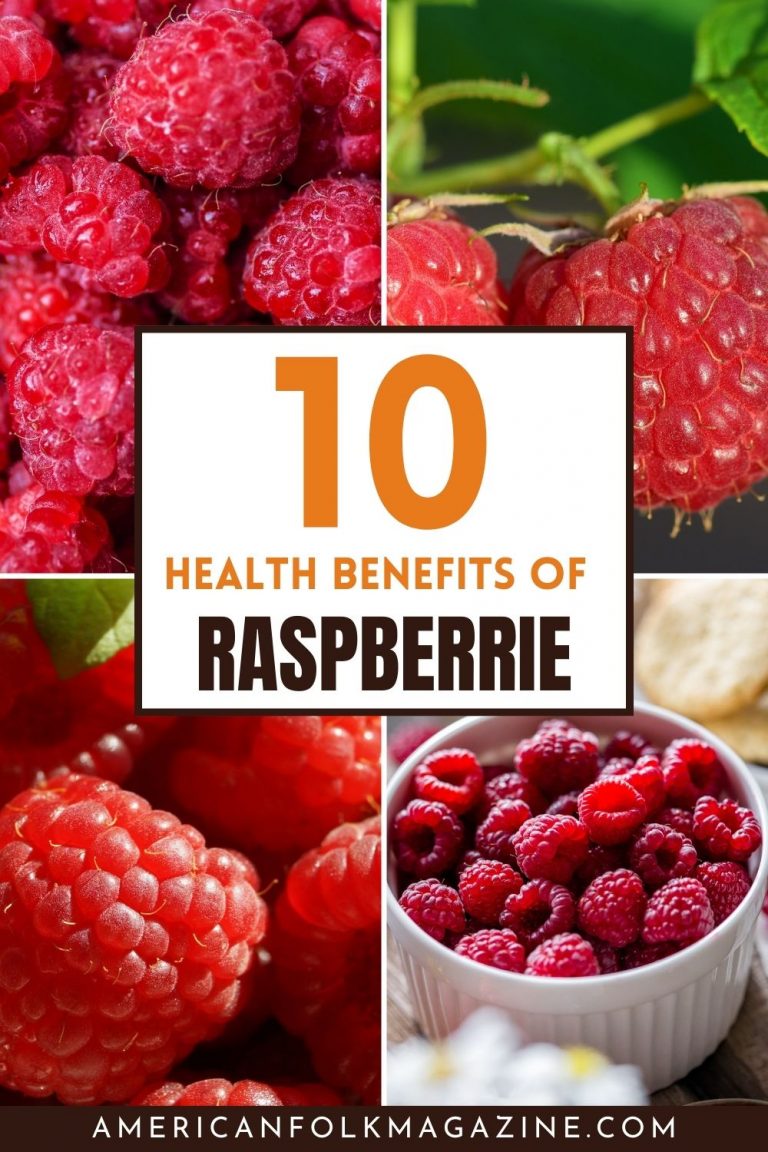Apricots, with their sweet-tart flavor and vibrant orange color, are a delightful fruit that hail from the regions of East and Central Asia. Cultivated for more than 4,000 years, apricots have found their way into the culinary traditions of various cultures, be it in the form of succulent fresh fruits, dried snacks, or flavor-packed preserves.
Their pleasant taste and versatility in cooking are commendable, but what truly sets apricots apart is their remarkable nutritional profile, offering an array of health benefits to those who incorporate them into their diet.
Nutritional Profile of Apricots
Here is a basic nutritional profile for one medium-sized apricot, approximately 35 grams:
| Nutrient | Amount |
|---|---|
| Calories | 17 kcal |
| Protein | 0.49 g |
| Total Fat | 0.14 g |
| Saturated Fat | 0.009 g |
| Trans Fat | 0 g |
| Cholesterol | 0 mg |
| Carbohydrates | 3.9 g |
| Dietary Fiber | 0.7 g |
| Sugars | 3.2 g |
| Vitamin A | 674 IU |
| Vitamin C | 3.5 mg |
| Vitamin E | 0.04 mg |
| Vitamin K | 3.1 µg |
| Thiamin (B1) | 0.03 mg |
| Riboflavin (B2) | 0.03 mg |
| Niacin (B3) | 0.39 mg |
| Vitamin B6 | 0.03 mg |
| Folate (B9) | 4 µg |
| Calcium | 5 mg |
| Iron | 0.14 mg |
| Magnesium | 3 mg |
| Phosphorus | 8 mg |
| Potassium | 91 mg |
| Zinc | 0.07 mg |
Apricots are nutrient-dense fruits packed with vitamins, minerals, and antioxidants. A single, medium-sized apricot of about 35 grams provides a mere 17 calories but offers a wealth of nutrients. This includes dietary fiber (0.7 grams) essential for digestive health, and sugars (3.2 grams) for quick energy. They are rich in Vitamin A (674 IU), contributing to eye health, and Vitamin C (3.5 mg), crucial for immune function.
Moreover, apricots are a source of several other vitamins, including Vitamin E, Vitamin K, and many from the B-group like thiamin (B1), riboflavin (B2), and niacin (B3). In terms of minerals, apricots provide calcium, iron, magnesium, phosphorus, potassium, and zinc in varying amounts.
Health Benefit 1: Rich in Antioxidants
Apricots are a natural powerhouse of antioxidants, substances that protect your cells against free radicals, which are harmful molecules that can lead to oxidative stress and chronic diseases. They contain several potent antioxidants, including Vitamin A, Vitamin C, and flavonoids such as beta-carotene, zeaxanthin, and lutein.
These compounds help to combat oxidative stress, thereby reducing inflammation and the risk of several diseases, including heart disease and certain types of cancer.
Health Benefit 2: Supports Eye Health
Apricots are rich in nutrients that support eye health, most notably Vitamin A, and antioxidants like beta-carotene. Vitamin A is essential for maintaining vision, and a deficiency can lead to a condition called xerophthalmia, which can cause dry eyes and potentially progress to night blindness.
Additionally, the antioxidants in apricots, such as beta-carotene, lutein, and zeaxanthin, can help protect your eyes from oxidative stress and age-related macular degeneration, a leading cause of visual impairment in older adults.
Health Benefit 3: Aids Digestion
The dietary fiber found in apricots plays a significant role in aiding digestion. Fiber adds bulk to the stool, which can help prevent constipation and promote regular bowel movements.
Additionally, fiber feeds the beneficial bacteria in your gut, supporting a healthy microbiome, which is linked to reduced inflammation and improved immune function. Including apricots in your diet can therefore contribute to improved digestive health.
Health Benefit 4: Boosts Immunity
Apricots are a great source of immune-boosting nutrients like Vitamins A, C, and E. Vitamin C, well-known for its immune-strengthening properties, aids in the production of white blood cells, which are essential for fighting off infections. Vitamin A enhances immune function by maintaining the health of the skin and tissues in the mouth, stomach, intestines, and respiratory system.
Additionally, Vitamin E, a potent antioxidant, contributes to a healthy immune system by protecting immune cells from oxidative damage.
Health Benefit 5: Enhances Skin Health
The nutrients in apricots, particularly Vitamins A and C, contribute to healthy skin. Vitamin A can help maintain smooth, healthy skin, and Vitamin C is vital for collagen production, which gives the skin its elasticity and resilience.
Moreover, the antioxidants in apricots help to combat oxidative stress that can damage skin cells and lead to premature aging. Regular consumption of apricots can thus contribute to a youthful, glowing complexion.
Health Benefit 6: Promotes Heart Health
Apricots are beneficial for heart health due to their potassium and fiber content. Potassium is a crucial mineral that helps regulate blood pressure by counterbalancing the effects of sodium.
Additionally, dietary fiber helps to reduce harmful LDL cholesterol levels in the blood, thereby reducing the risk of atherosclerosis, a condition characterized by the hardening of arteries. Together, these nutrients help maintain heart health by preventing high blood pressure and promoting healthy cholesterol levels.
Health Benefit 7: Supports Bone Health
Apricots are packed with essential minerals like calcium, potassium, and phosphorus, all of which play a crucial role in supporting bone health. Calcium is the primary mineral in bones and is necessary for bone development and strength. Phosphorus works in tandem with calcium to enhance bone mineral density.
Potassium, on the other hand, helps maintain bone health by neutralizing metabolic acids that can leach calcium from the bones. Thus, including apricots in your diet could support overall bone health and potentially prevent bone degradation diseases like osteoporosis.
Health Benefit 8: Promotes Hydration
Composed of approximately 86% water, apricots can help maintain hydration levels, particularly during the hot summer months. Hydration is essential for numerous bodily functions, including regulating body temperature, transporting nutrients, and promoting optimal brain function.
In addition, the natural sugars in apricots can provide a quick energy boost, making them an excellent choice for a post-workout snack to replenish lost fluids and energy.
Health Benefit 9: Enhances Brain Health
Apricots contain nutrients like potassium and antioxidants that are beneficial for brain health. Potassium is essential for ensuring that nerve cells receive and send signals properly, while antioxidants protect brain cells from oxidative stress and inflammation that can lead to cognitive decline.
Furthermore, some research suggests that dietary flavonoids found in apricots might have neuroprotective effects. Therefore, consuming apricots could contribute to better cognitive function and potentially reduce the risk of neurodegenerative diseases.
Health Benefit 10: Supports Weight Management
Apricots can be a great addition to a weight management diet due to their low calorie and high fiber content. With only 17 calories per fruit, they make a nutritious, low-calorie snack option. The dietary fiber in apricots can increase feelings of fullness, potentially reducing overall food intake and assisting in weight loss.
Plus, they’re a naturally sweet treat that can help satisfy sugar cravings without resorting to high-calorie, processed snacks. Thus, apricots can be a delicious and beneficial component of a balanced, calorie-controlled diet.
How to Incorporate Apricots into Your Diet
Integrating apricots into your diet is easy due to their versatility and sweet, pleasing flavor. Fresh apricots make a delicious snack on their own or chopped into a fruit salad. Sliced apricots can be added to breakfast cereals, yogurt, or oatmeal for a burst of natural sweetness and additional fiber. You can blend them into smoothies or use them as a topping for pancakes and waffles.
Dried apricots are excellent for on-the-go snacking or mixed into trail mix. They can also be added to baked goods for a chewy texture and sweet-tart flavor. Additionally, apricots can be grilled or roasted and served with meats or incorporated into salads and salsas for a unique twist. Remember, including a variety of foods in your diet is key to getting a range of nutrients.
Conclusion
Apricots, with their rich nutrient profile, offer an array of health benefits, from promoting eye health and aiding digestion to supporting bone health and weight management. Their antioxidants combat harmful free radicals, and their fiber content aids in maintaining a healthy heart.
Whether you enjoy them fresh or dried, apricots are a delightful addition to your diet that not only enhances the flavor of your meals but also contributes significantly to your overall health. Remember, a balanced diet is most effective when coupled with regular exercise and a healthy lifestyle. So, start incorporating apricots into your daily routine and reap the multitude of benefits they offer.
Pin It In Your Board




